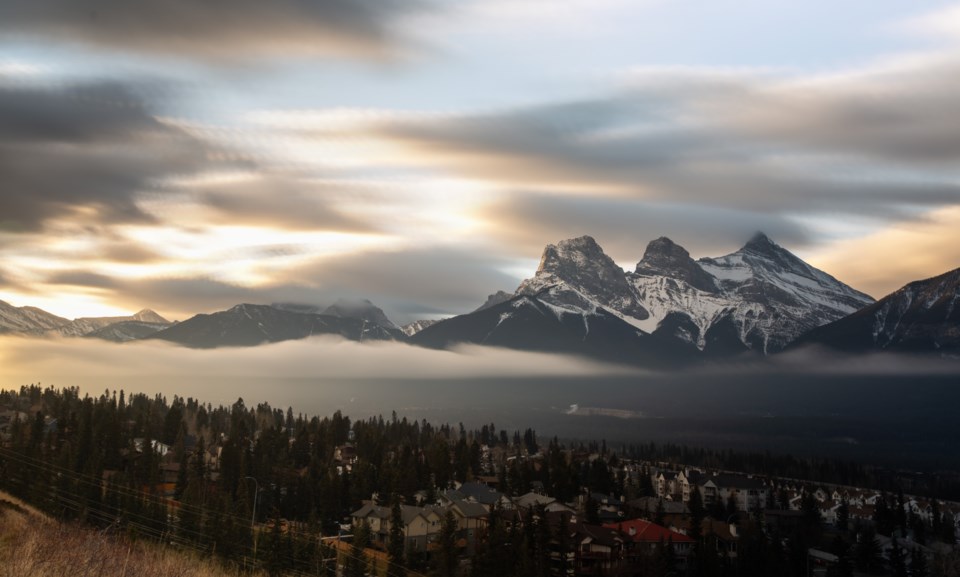I’m of the opinion several UCP ministers live in a completely different universe, even reality, from the rest of us. You don’t have to go far to find the evidence.
The Minister of Energy believes a proposed coal mine, having been rejected by a joint federal-provincial panel and the decision upheld by several courts, is somehow an advanced coal project. Apparently, even the premier believes this fiction.
A media release from the Ministry of Forestry and Parks intones that the “department carefully manages hunting opportunities through regulated seasons, game quotas and policies grounded in scientific research and conservation principles.”
Yet, the minister makes up his own rules to benefit industry insiders. He scoffs at science with questionable initiatives, like permitting more trapping of wolverines to get a population estimate, which tells us not how many there are, but how many there were. If any conservation principles exist in such decisions, they are well concealed.
If these weren’t egregious enough examples, how about the flim-flam over water quality monitoring by the Minister of Environment and Protected Areas? The minister has said, “Water in these areas [the Eastern Slopes and the Oil Sands] is the most heavily monitored in the province and some of the most heavily monitored on earth, with established indicators that require a rapid response should they be crossed.”
You have to take a huge swig of some version of the Kool-Aid, to square that statement with reality.
Water quality monitoring in the province, which is representative of long-term, repeated sampling, occurs at a handful of sites. One would not apply the term “heavily monitored” to such sporadic efforts.
Virtually all water quality sampling is done on a monthly basis. These water samples are collected by hand from surface sources and then analyzed. Such periodic sampling can often fail to detect serious water quality issues since by the time sampling occurs, the issue may have been diluted or washed downstream. There is no continuous, automated sampling that provides data daily and is capable of catching all water quality issues.
As to the contention that some areas are “the most heavily monitored on earth,” this just doesn’t hold water. This is gaslighting, pure and simple.
Even if there was a shred of evidence that water quality is “heavily monitored,” one could ask how is that information used to correct issues? There are water quality issues in Alberta. Even the limited monitoring undertaken provides the evidence. Selenium contamination from legacy coal mines, progressive diminishment of water quality in our major rivers and documentation of pollution in the tar sands.
But regulatory enforcement is rare enough to be considered like unicorns, rumoured to exist but never seen. There seems to be no “rapid response,” just promises of more monitoring. Monitoring without follow-up is just the cataloguing of issues with no intent to correct them.
To pour more cold water on the minister’s claims of environmental exceptionalism, there are whispers on conservation circles that the UCP is contemplating the axing of the budgets for water and air quality monitoring in Alberta. That would qualify as “heavy.” This follows the philosophy that if you don’t count it, it doesn’t count.
I suppose, as a cost-cutting measure, not monitoring water quality has some merit if you exist in the ether of not caring about Albertans and the environment that is crucial to their health and safety. If failing to monitor water quality is on the UCP agenda, I assume there will be other cost-cutting measures. Doing medical self-diagnosis through Dr. Google, pay-to-get-protection policing and energy industry-funded education might be examples.
There is a presumption, a duty of good faith, that Albertans have a right to reasonable expectations of their government, to ensure environmental protection with the health and safety of us in mind. When the UCP fails in basic monitoring, ignores science, and then creates a fog of disinformation and disingenuous obfuscation, it is as if no one is minding the store called Alberta.
Lorne Fitch is a professional biologist, a retired Fish and Wildlife biologist and a past adjunct professor at the University of Calgary. He is the author of Streams of Consequence: Dispatches From the Conservation World and Travels Up the Creek: A Biologist’s Search for a Paddle.




